Consumers are taking a growing interest in the journey products take. At the very least, they want to feel confident there were no casualties on the way. From early pioneers to fresh faces, we’re focusing on six sustainable fashion brands who are changing the way we think about the clothes we wear.
 ©Bottletoppers - Bottletop recently opened a 3D printed store on London’s Regent Street. Lighting by Factorylux
©Bottletoppers - Bottletop recently opened a 3D printed store on London’s Regent Street. Lighting by Factorylux
 ©whitestuffuk - lighting by Urban Cottage Industries
©whitestuffuk - lighting by Urban Cottage Industries
Bottletop
Employing highly skilled artisan producers across the world, Bottletop combine recycled materials with high-end design to create must-have fashion accessories. Through the Bottletop Foundation, the company also work to help some of the most disadvantaged communities. By focusing on youth projects, the foundation equips the next generation with the skills and education to drive progress. ©Bottletoppers - Bottletop recently opened a 3D printed store on London’s Regent Street. Lighting by Factorylux
©Bottletoppers - Bottletop recently opened a 3D printed store on London’s Regent Street. Lighting by Factorylux
Kowtow
New Zealand based Kowtow take a forensic approach to material sourcing and production. Everything from cotton to buttons is responsibly sourced, fairtrade, and made in fully accredited factories. Most of the cotton production is based in India. The cotton is organically farmed and processed by workers boasting full rights and a laundry list of benefits. Free schooling for employee’s children is just another way Kowtow are subtly driving change.People Tree
People Tree have been pioneering ethical fashion for 27 years. Paving the way for changes in both practices and perceptions. Shirking so called ‘fast fashion’, People Tree were the first clothing manufacturer to receive the Fair Trade Mark as reward for their sustainable stance. The company works with fair trade producer groups in developing countries, helping to build businesses that can support local communities. People Tree were one of the first fashion brands to put sustainability at the centre of what they do.White Stuff
White Stuff take ethical manufacturing seriously, with a team of auditors constantly monitoring conditions and standards across their network of suppliers. Closer to home, White Stuff support charities local to each branch. They get the input of staff to ensure maximum impact for the local community. The company also focus on sustainable packaging and employ a dedicated department (Greenstuffers) to continually improve packaging and recycling initiatives. ©whitestuffuk - lighting by Urban Cottage Industries
©whitestuffuk - lighting by Urban Cottage IndustriesAday
‘Own less and spend time on the things and people that matter <...>’ (Aday, About Us)Less is more is not something you expect to hear from a fashion retailer. However, through a process they call ‘intentional design’, Aday are re-inventing classic/staple designs to inject versatility. The aim is to eliminate seasonality from their range. By using state of the art manufacturing, Aday want to create garments that are flexible and enduring. Simplified wardrobes that last longer and fulfill more functions, perfect. Incentives for recycling and upcycling further close the production/consumption loop.
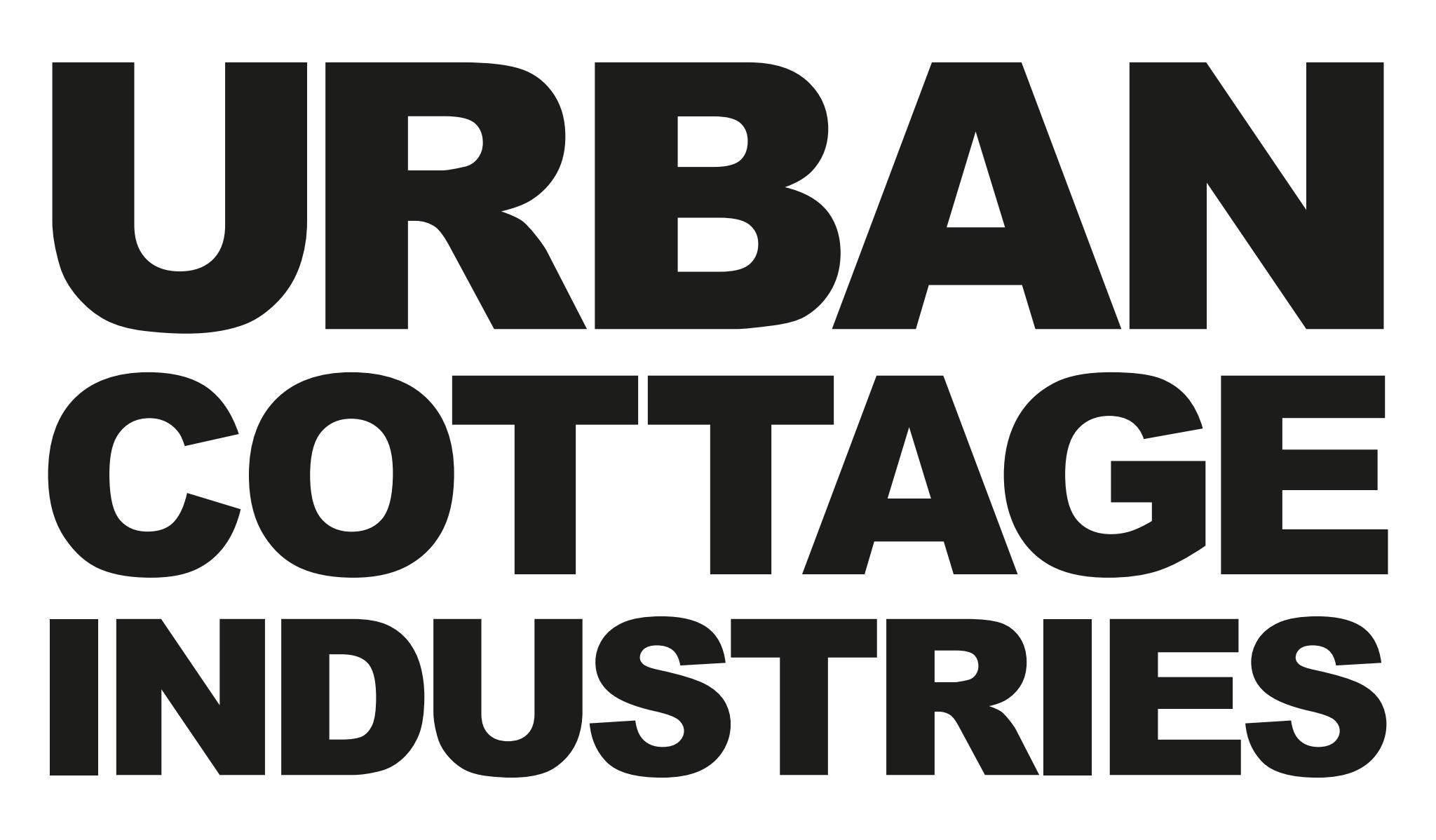
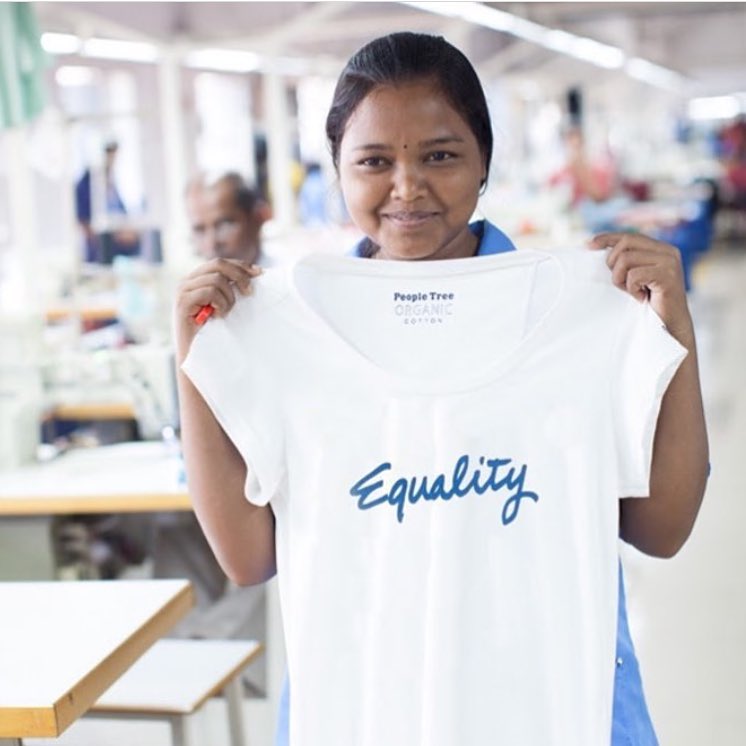
 ©
© ©
© ©
©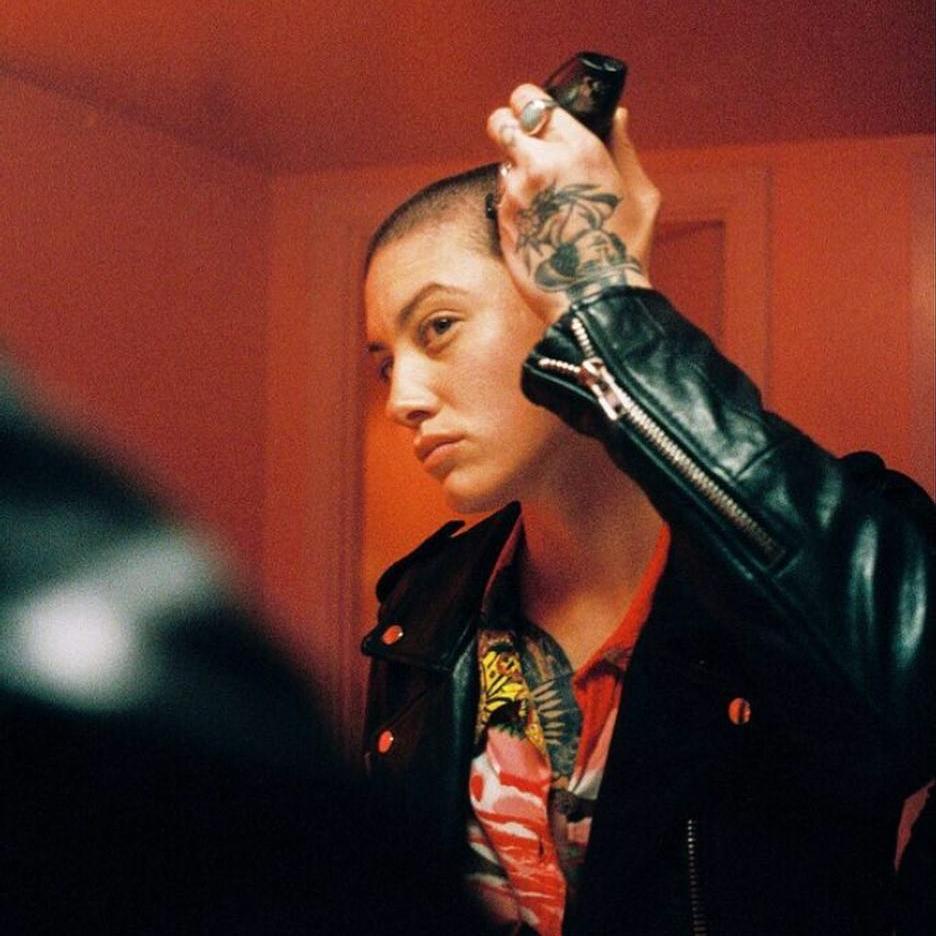 ©
©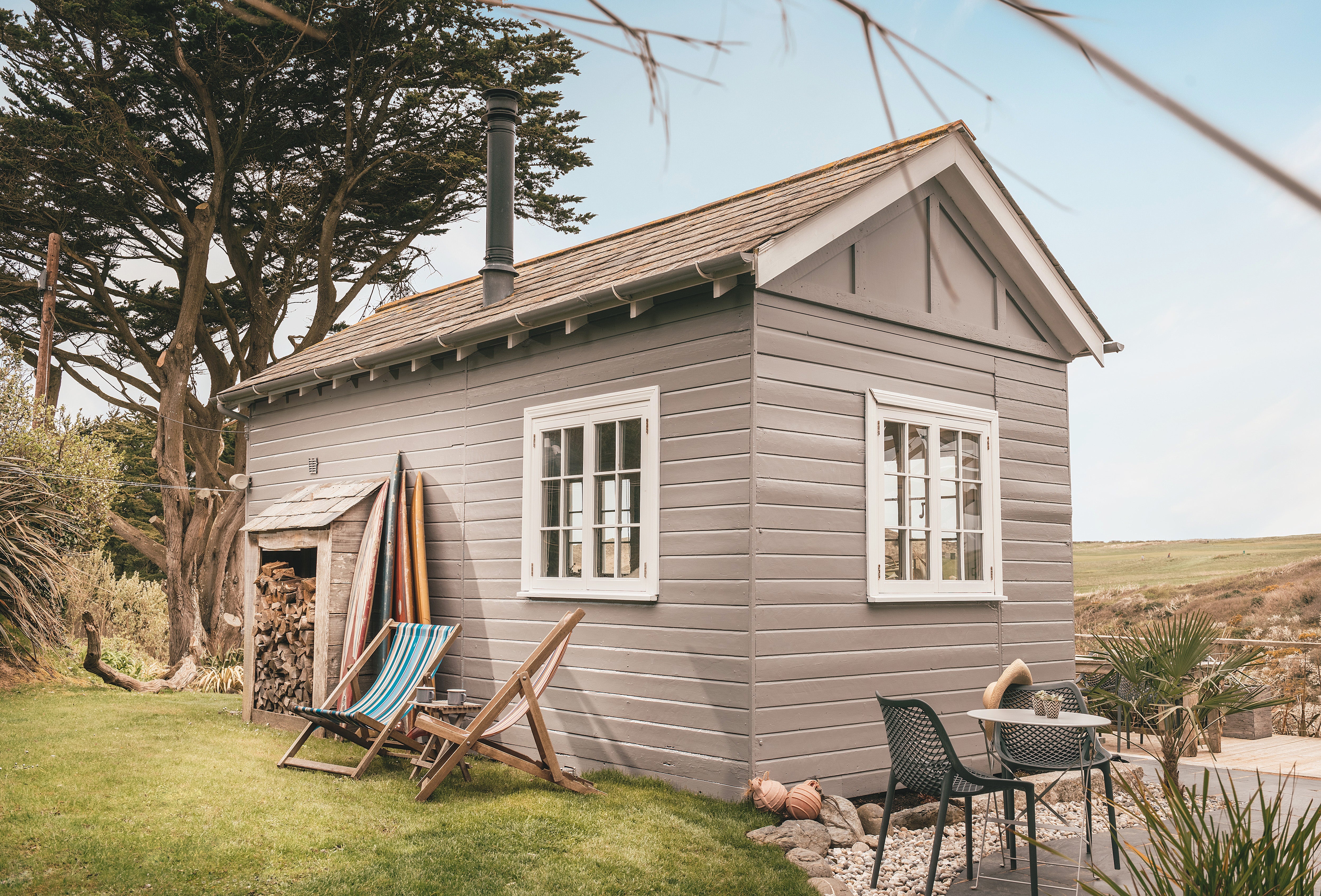
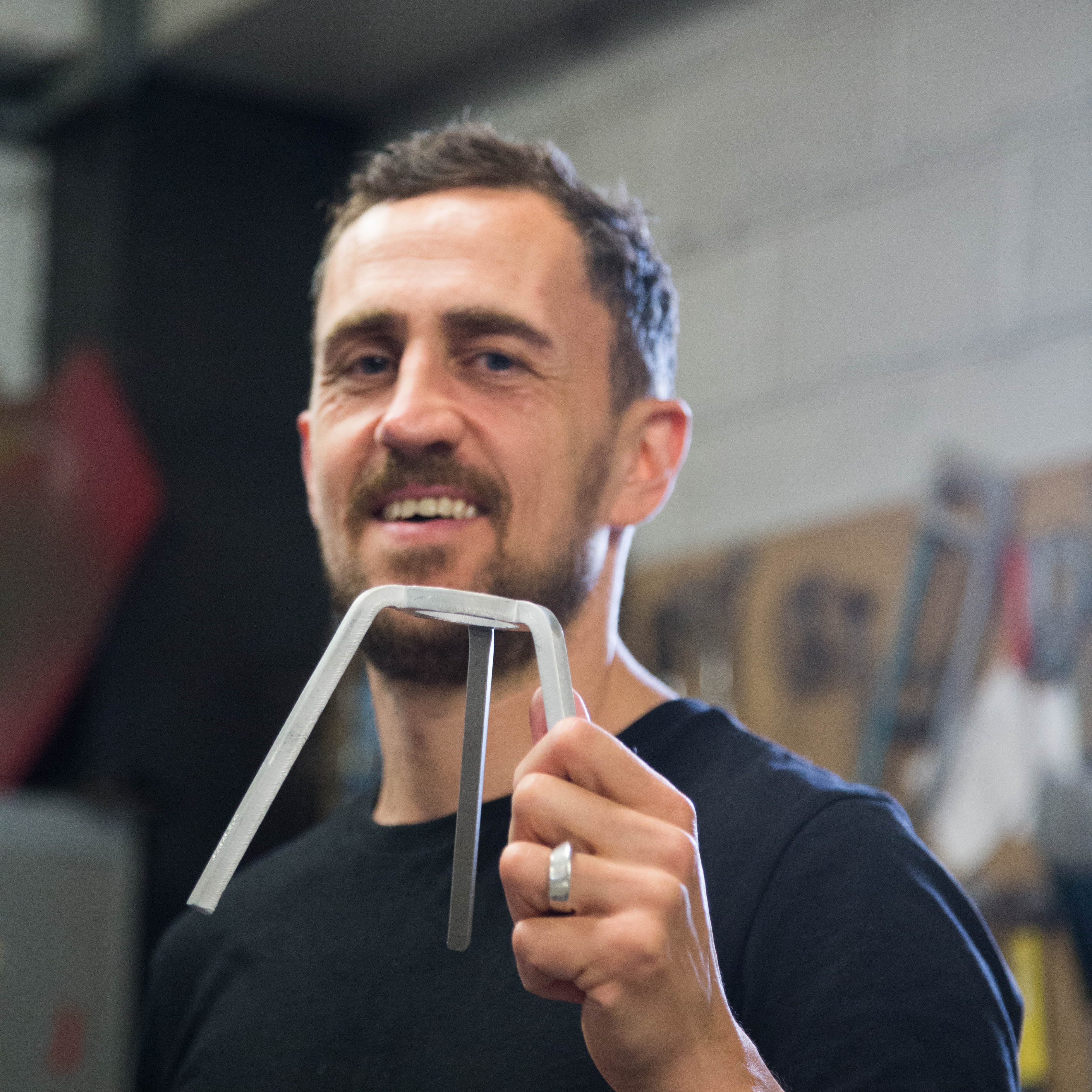
Leave a comment
This site is protected by hCaptcha and the hCaptcha Privacy Policy and Terms of Service apply.